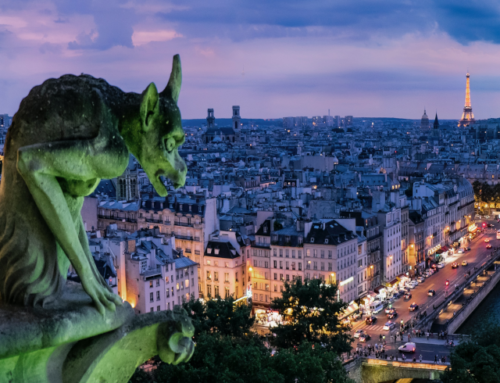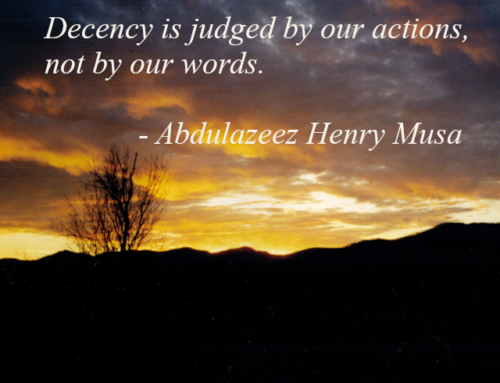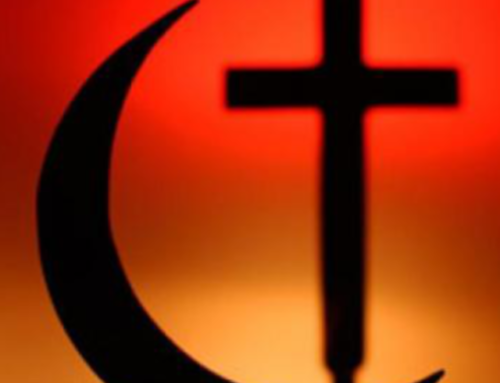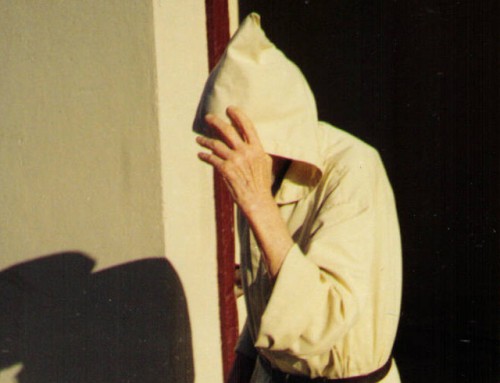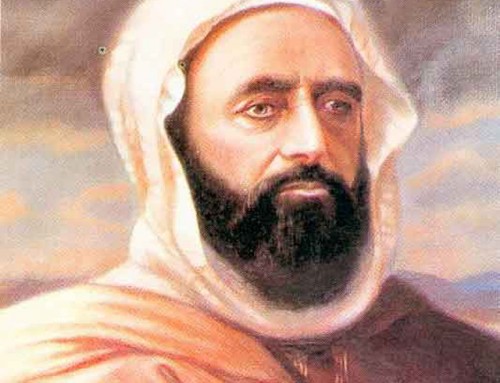We Need Good News, Too
by John Kiser
A friend asked me not long ago if I would like to commemorate at his private theater the 10th anniversary of the French film “Of Gods and Men.” It had won the Best Documentary film award in 2010 at the Cannes Film Festival, thanks to a book I had written, The Monks of Tibhirine. The director of the film, Xavier Beauvois, called the book ‘his Bible.’
“Sure, good idea,” I replied.
The next day, I learned that his wife objected to the film because she thought it was too dark and depressing — a downer for their Saturday night guests. I protested, even as I had to concede the point that, yes, the film does end on a dark note with the seven Trappist monks being marched into the night only to be found two months later beheaded (actually, only the heads were found). I argued that the film was just incomplete. If the front and back ends of the story had informed the film it would have left quite a different impression. I would be happy to explain.
At the front end, Beauvois might have shown a young draftee, Christian de Chergé, deployed in French Algeria as a Civil Affairs officer circa 1959. His job was to make friends with the Arabs and make them ‘feel’ French. He befriended a Muslim gendarme with whom he developed a spiritual bond. The two had regularly rambled in the mountains and talked about God and matters of faith. For Christian, a seminary student, talking about these subjects in Algeria was liberating. Arabs thought God talk was natural, but in secular France, outside of the seminary, God talk could be awkward and make Frenchmen uncomfortable.
On one of these rambles, rebels surprised the two men and threatened to kill Christian. His friend Mohamed told the rebels they would have to kill him first. The rebels faded away, but the next day this father of ten children was found near the community well with his throat slit.
And what if the last scenes of the film had shown the Algerian honor guard carrying seven coffins up the steps of the Cathedral of Notre Dame d’Atlas for the state funeral held to honor them. What impression would it have made for viewers if the film had ended with Bishop Henri Teissier reading from the hundreds of letters from Algerians expressing their sorrow and shame over the loss of ‘their monks?’
“It is disgraceful. The teachings of Islam are clear as to the sacredness of life, love of one’s neighbor, hospitality toward strangers — whatever their religion.”
Other letters he might have read:
“We must water the seeds bequeathed by our monks. Our duty is to pursue peace, love God, respect people who are different.”
“Does not God test those he loves? No matter what happened, we truly love you. We have failed in our duty to protect you, to love you. Forgive us. Your place is with us. You must accomplish your divine mission with us. I believe it is God’s plan.”
Would not including these expressions of fraternal love, indeed the Good News about Islam, have offered a pathway to debunk worst perceptions of Islam and softened the impact of the brutal fate of the monks?
More coverage of good news about Muslim-Christian relations would go far toward tearing down common misconceptions that are easily dismantled by even a few tidbits of actual knowledge:
1. Muslims don’t worship Mohammed. They worship a big tent God.
2. Muslims regard Jesus as a sinless prophet, born of the Virgin Mary. Love for Jesus is such that “Issa” (Jesus) is a name Muslims commonly give their sons.
3. Islam rests on five pillars:
a. There is no God but God. Mohammed is his prophet (but not his only prophet).
b. Charity
c. Fasting
d. Prayer
e. Making a pilgrimage to Mecca (may be virtual for reasons of age or health)
How can we possibly know our supposed enemy if we know so little? During a presentation to over 100 army intelligence officers in Italy two years ago, I asked whether anyone knew what the five pillars were. One hand was raised. After a talk to senior Naval officers at the Army Navy Club in Virginia, I asked the same question. No hands were raised. Even more disheartening is how weak the quest for knowledge is among those whose profession is to learn and to open minds. One of my neighbors is a well-respected journalist who covered much of North Africa in the past. I asked him one day if he knew what were the five pillars of Islam. Embarrassed, he confessed that he had no idea.
Why are we so afraid to learn a few very basic things about people who worship the same God and follow the same commands that practitioners of all religions are supposed to honor: Love your neighbor. Do unto others. As Rabbi Hillel told the pagan inquisitor…“the rest is details.”


